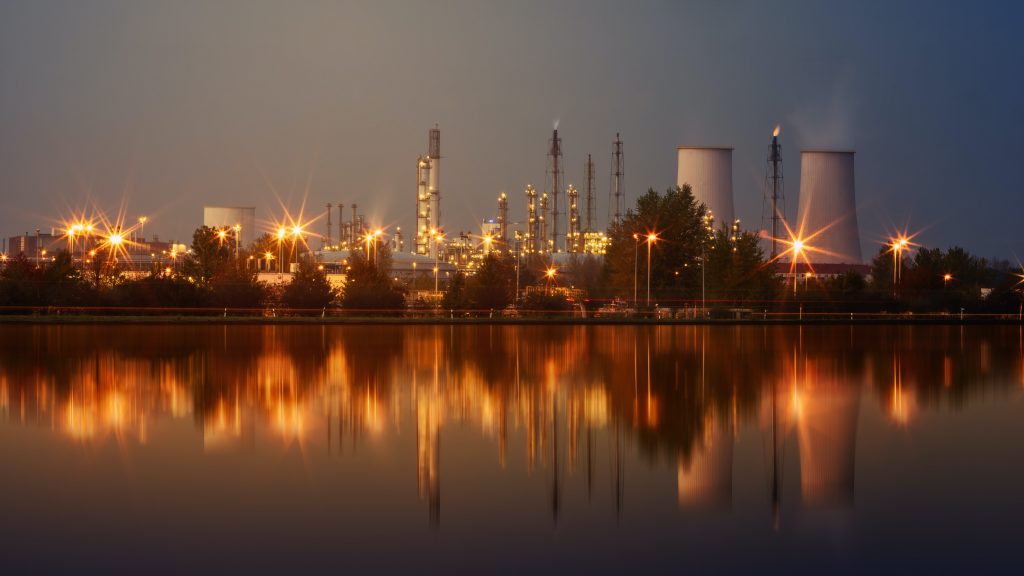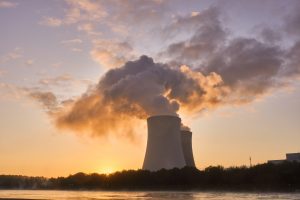The worldwide pressure to become more sustainable and environmentally conscious is a major concern for modern industry. This is particularly critical in the petrochemical sector. The oil industry needs to develop new heat conversion technologies to take advantage of the necessary increase in the supply of renewable energy. Renewable sources and industrial waste heat are promising energy sources, potentially capable of meeting a part of the world electricity demand. Among these sources, low-grade heat is present in many industrial realities and its utilization, especially for medium and small power applications, is critical for a sustainable energy development strategy. The problem with this waste heat at low temperature is that it cannot be converted efficiently to electrical power by using the conventional power generation methods.
In this context, the BAMBOO project is investigating the development of the Organic Rankine Cycle as a well-suited alternative to exploit low-grade heat, leveraging the capability of this technology to work also with low-temperature heat sources for small and medium power generation. We can say ORC is a saturated thermodynamic cycle using a working fluid, other than water, to make machinery work.[i] As it is typical for waste heat recovery applications in industry, the objective of the ORC is to recover as much waste heat as possible from a fixed upstream process (a Crude Distillation unit, where process configuration cannot be changed) and maximize electricity production.
Here’s the interview with our partner TUPRAS to learn more about the technology development in BAMBOO, the benefits and challenges, and its market potential.
- Which are the main benefits of BAMBOO technology on your process?
The Organic Rankine Cycle (ORC) technology will provide electricity from a waste heat source and thus will provide energy and cost savings. It is easy to operate and easy to implement. This technology is widely used in geothermal energy applications. With BAMBOO Project, there will be an opportunity to penetrate into our other refineries and also high energy-intensive industries. - How did the introduction of the new technology impact on your process management?
Under normal conditions, atmospheric distillation residue is used to heat crude charge and reduce the temperature of atmospheric residue up to a certain point. After that, air coolers and cooling water are used to further reduce the temperature of atmospheric residue to the required process temperature. The ORC system will produce electricity by utilizing the excess heat of the atmospheric residue, which would otherwise be removed by air coolers and cooling water. Therefore an energy-inefficient process will be mostly eliminated. - Which are the main key challenges and key risks you have/had to deal with?
The technology developers are not familiar with the selected stream for the ORC system to be implemented. Design parameters of all equipment should be changed accordingly. All equipment places in the refinery site should be ex-proof, therefore additional precautions have been taken. Additionally, BAMBOO will be the first demonstration in the operational environment. The site personnel are not accustomed to such projects. - In your opinion, what’s the market potential and the long-term benefit of the new technology on process industries?
ORC system will produce almost 50% of the electricity requirement of the selected unit in the refinery. It will increase the waste heat recovery and decrease the electricity and cooling water consumption of the unit. Implementation of such a system in a process unit in an energy-intensive industry would be very promising in terms of energy saving. Hence, the profitability of this first demonstration in a refinery would be an exemplary case for implementations in other refineries.
[i] Sources:
- Waste heat recovery Organic Rankine cycles in sustainable energy conversion: A state-of-the-art review, The Journal Bahram Saadatfar, Reza Fakhrai and Torsten Fransson – The journal of MacroTrends in Energy and Sustainability;
- Abstract Techno-economic survey of Organic Rankine Cycle (ORC) systems, Renewable and Sustainable Energy Reviews Volume 22, June 2013, Pages 168-186
- Overview Organic Rankine Cycle for Efficiency Improvement of Industrial Processes and Urban Systems published on frontiersin.org



